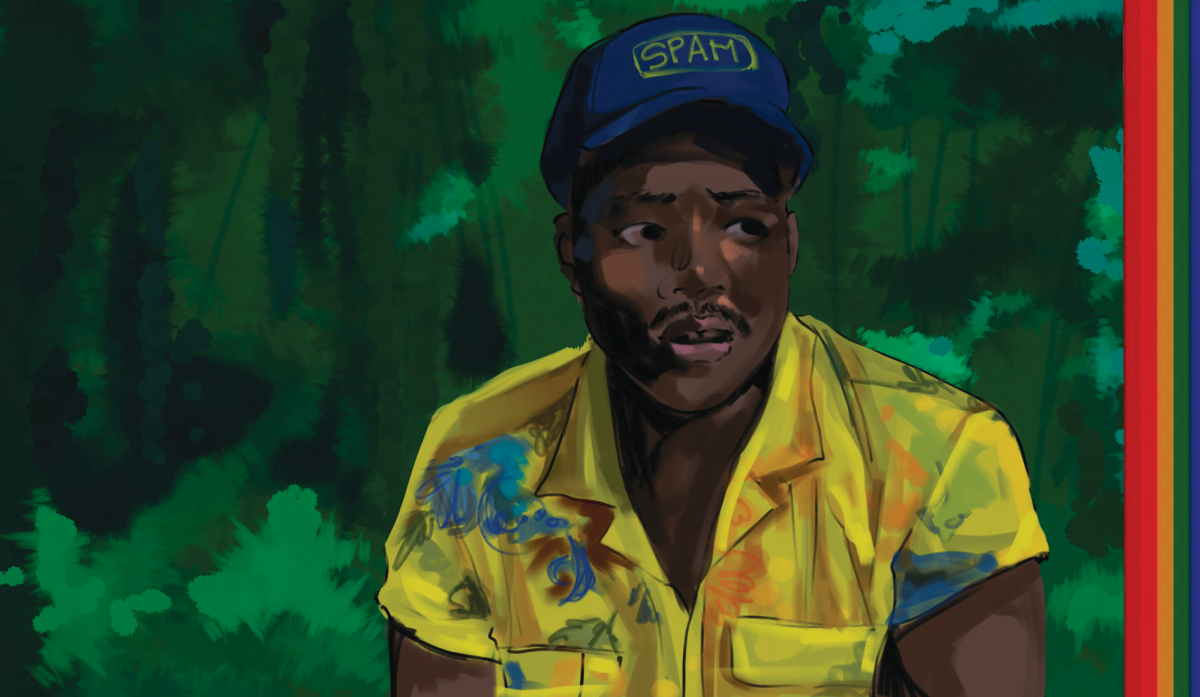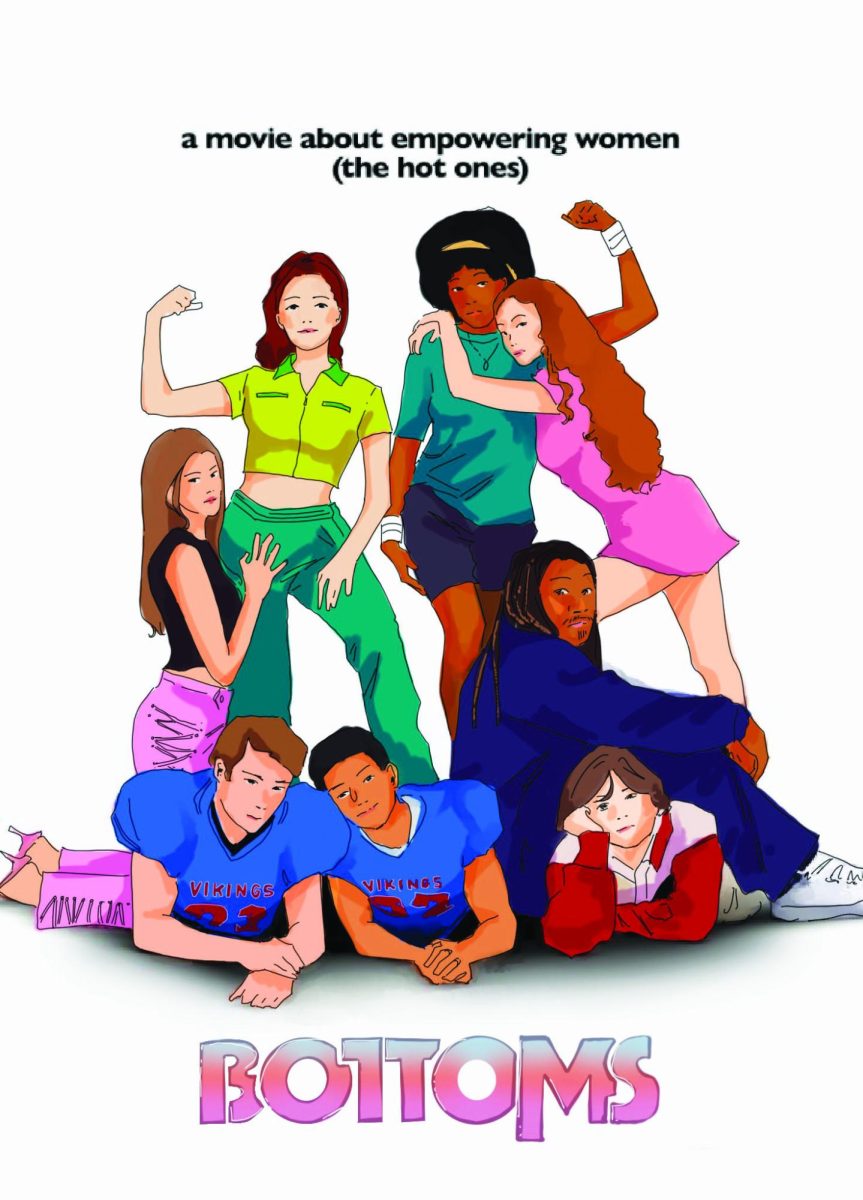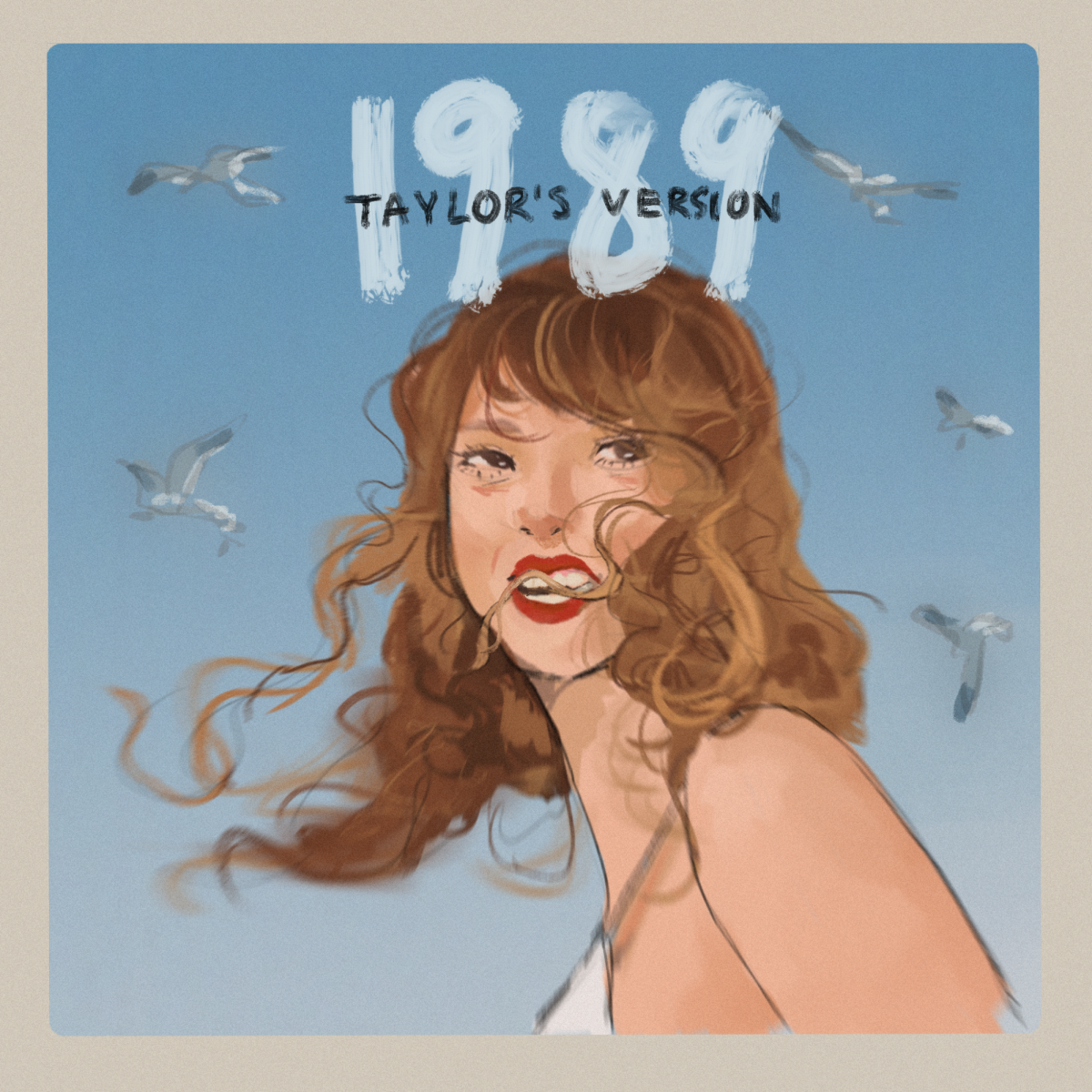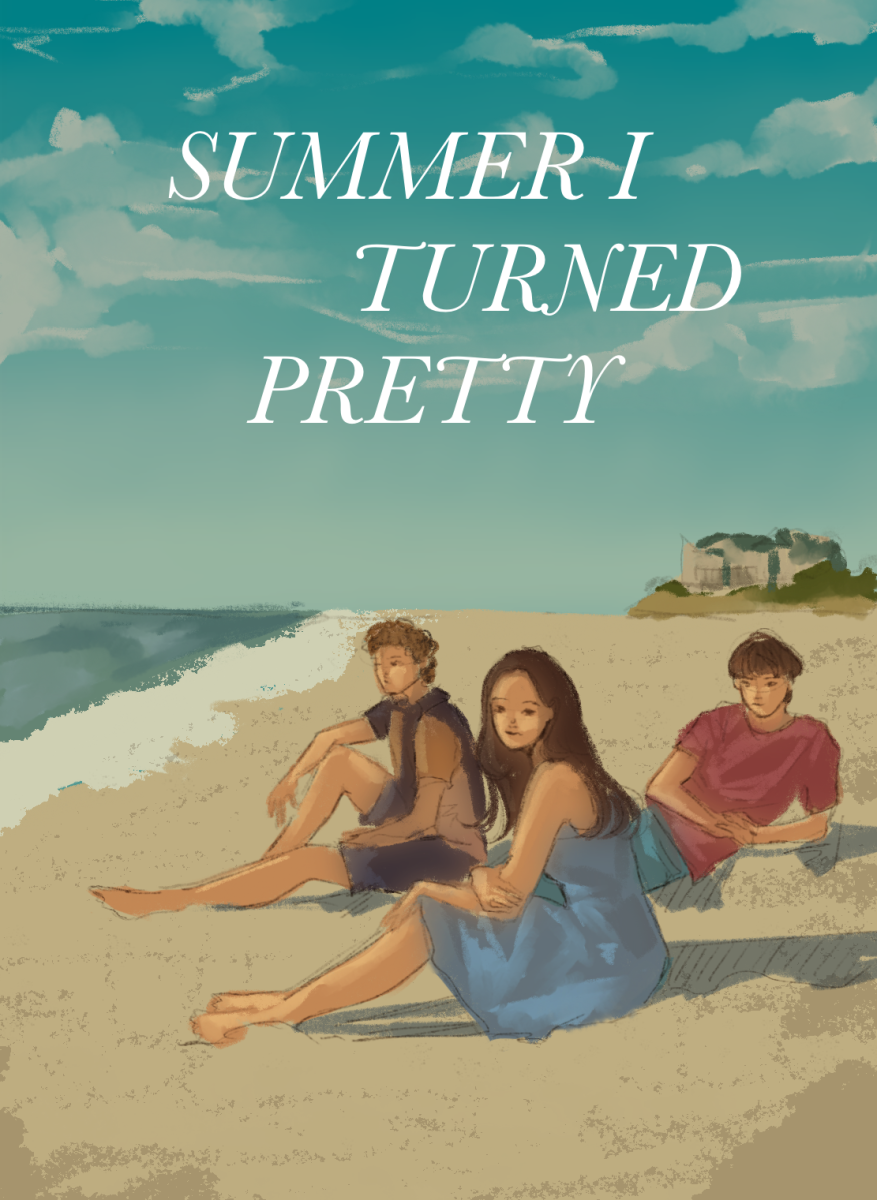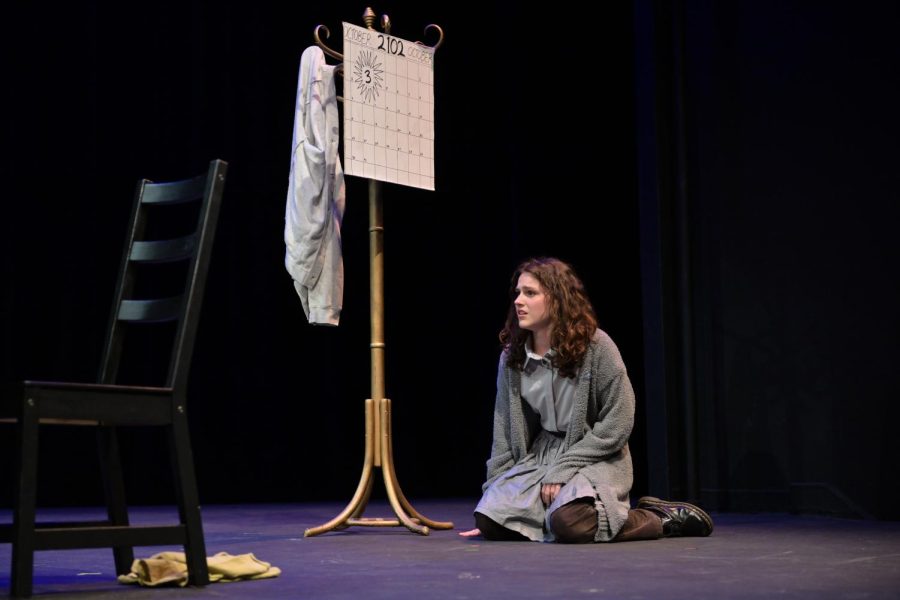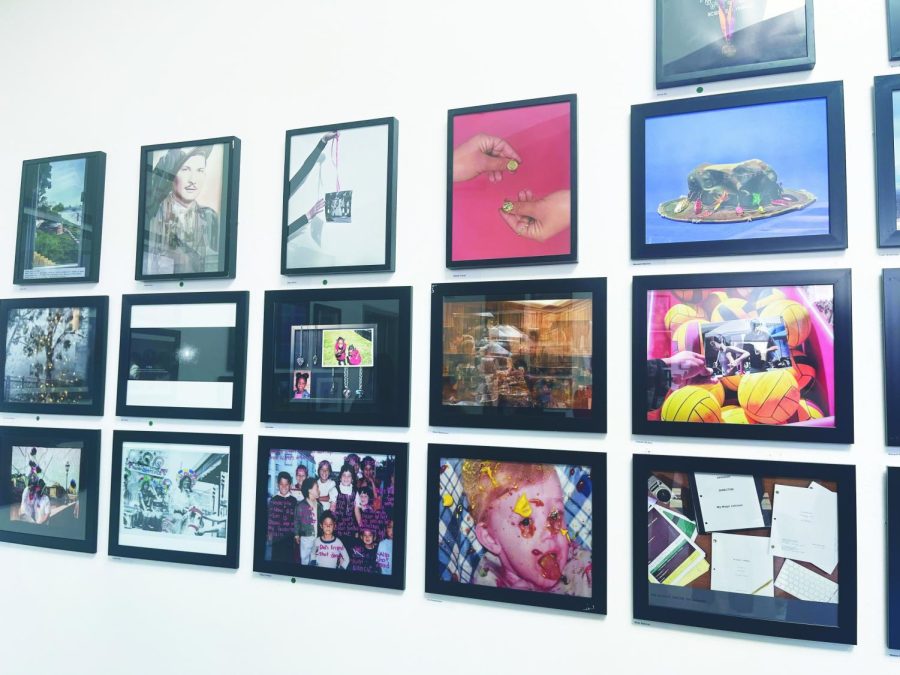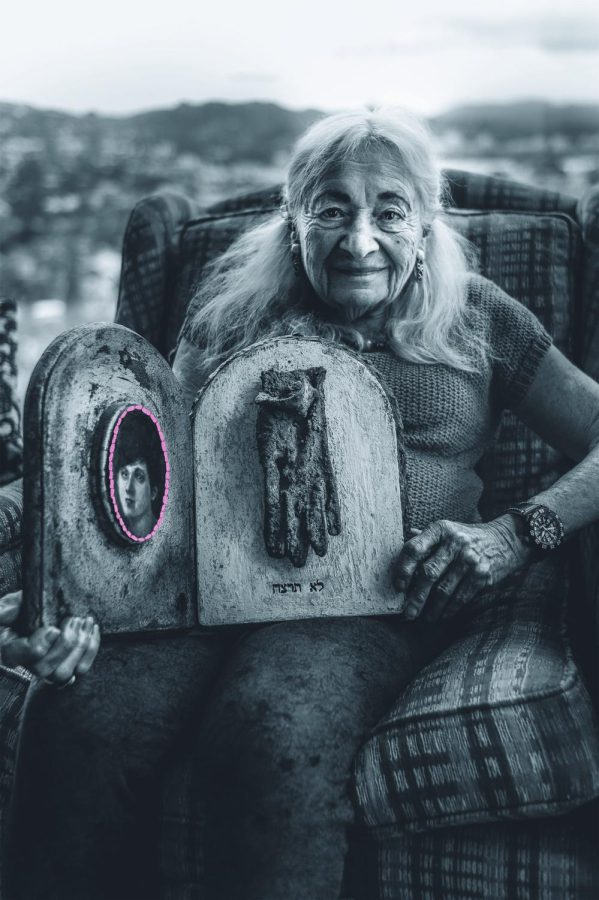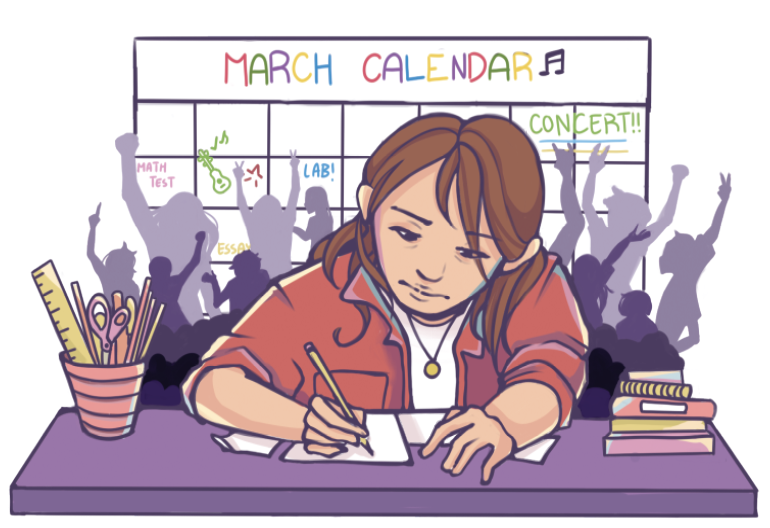Performing arts teachers Ted Walch, Rees Pugh and Michele Spears announced this year’s plays for the Playwrights Festival.
A committee comprised of both faculty and alumni selected 18 plays, which 19 students wrote.
The Playwrights Festival produces one-act plays written by students in two programs, applicant Andrea Yagher ’20 said.
“[The Playwrights Festival] is such an all-inclusive program for a huge portion of the arts’ students, given that there are contributions from the student playwrights, student actors and some student directors as well,” Yagher said.
Before submitting their finalized plays, students watched their pieces acted out by professional actors and received suggestions for improvements to their plays with dramatists at USC.
“The Playwrights [writers] have the opportunity to work with mentors in the field of entertainment,” Playwrights Festival author Emma Poveda ’20 said. “I was very fortunate to have a mentor who I really connected with and who gave me very valuable critique.”
Students submitted their final drafts on Feb. 14.
“During the process, our only goal was to give the playwrights all the help they needed and as much time as possible in writing their plays,” Walch said.
Submissions were chosen based on the following criteria.
“Our criteria [include] writing, story-telling and theatricality,” Walch said. “These were the principle requirements. Choosing plays to produce is not unlike casting a play. There are certain qualities that are ineffable. A group of smart, informed persons make their best call, and that is that.”
The festival consists of two programs over a span of four evenings. The plays for each program will be announced at a later date.
Auditions for actors and sign-ups for crew members to be in the Playwrights Festival will be announced in an all school email at an unknown date, and the event itself will take place in May, Walch said.
“What I found to be the most fulfilling part of the submission process was seeing professional actors read my play,” Poveda said. “It was amazing to see the dialogue and characters come to life, and I got a strong sense of what changes needed to be made and what worked.”




























